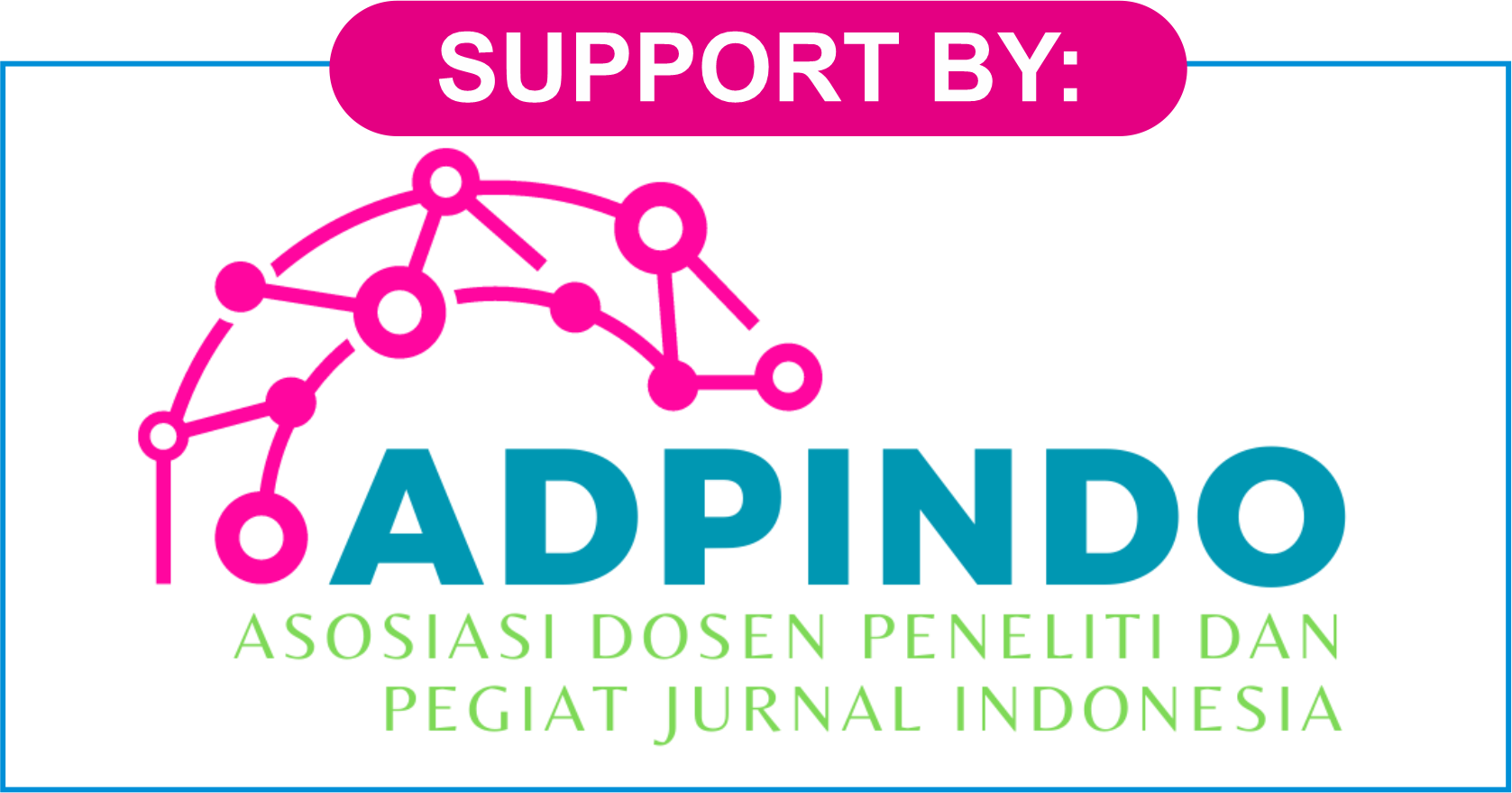MENGAPA INDIVIDU ENGGAN MENCARI PERTOLONGAN MEDIS? SEBUAH TINJAUAN LITERATUR NARATIF
DOI:
https://doi.org/10.47353/sikontan.v3i1.2311Keywords:
Medical care avoidance, Medical care delay, Help-seeking behaviorAbstract
Medical care avoidance and medical care delay (i.e., evading and postponing medical care) are serious problems that may lead to fatal consequences. To reduce the prevalence of medical care avoidance and delay in our community, the things contributing to such behaviors must be highlighted. This research was conducted in the form of a narrative literature review, discussing factors that could motivate individuals to put off or avoid medical care. A narrative approach is flexible and interpretive in nature. Three databases were used in this review: PubMed, SpringerLink, and Web of Science; the search was conducted in August 2024. After the sources had been reviewed, the factors that perpetuated medical care avoidance and delay were categorized into three groups: (1) psychological/personal factors, (2) social/interpersonal factors, and (3) structural/organizational factors. Examples of psychological factors included fear and shame; an instance of social factors was perceived problems with the doctor; and an example of structural factors was high cost. In order to encourage members of our community to seek medical help in a timely fashion, these factors must be addressed and overcome with precision.
Downloads
References
Burch, A. E. (2022). Factors responsible for healthcare avoidance among rural adults in the Eastern Region of North Carolina. Journal of Community Health, 47, 737-744. https://doi.org/10.1007/s10900-022-01106-3
Czeisler, M. É., Marynak, K., Clarke, K. E. N., Salah, Z., Shakya, I., Thierry, J. M., Ali, N., McMillan, H., Wiley, J. F., Weaver, M. D., Czeisler, C. A., Rajaratnam, S. M. W., & Howard, M. E. (2020). Delay or avoidance of medical care because of COVID-19–related concerns—United States, June 2020. Morbidity and Mortality Weekly Report, 69(36), 1250-1257. http://dx.doi.org/10.15585/mmwr.mm6936a4
Gragoll, I., Schumann, L., Neubauer, M., Westphal, C., & Lang, H. (2021). Healthcare avoidance: A qualitative study of dental care avoidance in Germany in terms of emergent behaviours and characteristics. BioMed Central (BMC) Oral Health, 21(563). https://doi.org/10.1186/s12903-021-01933-1
Hoffman, W. R., Aden, J., Barbera, R. D., Mayes, R., Willis, A., Patel, P., & Tvaryanas, A. (2022). Healthcare avoidance in aircraft pilots due to concern for aeromedical certificate loss. Journal of Occupational and Environmental Medicine, 64(4), e245-e248. https://doi.org/10.1097/jom.0000000000002519
Kang, L., Li, C., & Du, H. (2023). Predictors of medical care delay or avoidance among Chinese adults during the COVID-19 pandemic. Patient Preference and Adherence, 17, 3067-3080. https://doi.org/10.2147/PPA.S436794
Kannan, V. D., & Veazie, P. J. (2014). Predictors of avoiding medical care and reasons for avoidance behavior. Medical Care, 52(4), 336-345. https://doi.org/10.1097/MLR.0000000000000100
Leyva, B., Taber, J. M., & Trivedi, A. N. (2020). Medical care avoidance among older adults. Journal of Applied Gerontology, 39(1), 74-85. https://doi.org/10.1177/0733464817747415
Mensinger, J. L., Tylka, T. L., & Calamari, M. E. (2018). Mechanisms underlying weight status and healthcare avoidance in women: A study of weight stigma, body-related shame and guilt, and healthcare stress. Body Image, 25, 139-147. https://doi.org/10.1016/j.bodyim.2018.03.001
Nab, M., Van Vehmendahl, R., Somers, I., Schoon, Y., & Hesselink, G. (2021). Delayed emergency healthcare seeking behaviour by Dutch emergency department visitors during the first COVID-19 wave: A mixed methods retrospective observational study. BioMed Central (BMC) Emergency Medicine, 21(56). https://doi.org/10.1186/s12873-021-00449-9
Sahakyan, S., Muradyan, D., & Harutyunyan, T. (2024). Factors associated with delay or avoidance of medical care during the COVID-19 pandemic in Armenia: Results from a nationwide survey. BioMed Central (BMC) Health Services Research, 24(20). https://doi.org/10.1186/s12913-023-10483-x
Sativa, R. L. (2016, Mei 9). Survei: Takut dan mahal jadi alasan utama orang enggan ke dokter. Diakses Agustus 30, 2024, pada https://health.detik.com/berita-detikhealth/d-3205565/survei-takut-dan-mahal-jadi-alasan-utama-orang-enggan-ke-dokter
Scott, S. E. (2019). Help-seeking. Dalam C. D. Llewellyn, S. Ayers, C. McManus, S. Newman, K. J. Petrie, T. A. Revenson, & J. Weinman (Eds.), Cambridge handbook of psychology, health and medicine (Edisi ke-3., hlm. 74-78). Cambridge, Inggris: Cambridge University Press. https://doi.org/10.1017/9781316783269
Sukhera, J. (2022). Narrative reviews: Flexible, rigorous, and practical. Journal of Graduate Medical Education (JGME), 14(4), 414-417. https://doi.org/10.4300%2FJGME-D-22-00480.1
Sulku, S. N., & Tokatlioglu, Y. (2020). Why do people avoid visiting specialist doctor? Answers from a developing country: Turkey case. SSRN. https://dx.doi.org/10.2139/ssrn.3623460
Sulku, S. N., Tokatlioglu, Y., & Cosar, K. (2023). Receiving or not deemed necessary healthcare services. BioMed Central (BMC) Public Health, 23(208). https://doi.org/10.1186/s12889-023-15135-7
Taber, J. M., Leyva, B., & Persoskie, A. (2014). Why do people avoid medical care? A qualitative study using national data. Journal of General Internal Medicine, 30(3), 290-297. https://doi.org/10.1007/s11606-014-3089-1
Xia, C., Xu, J., & Ding, X. (2023). Alienation from medical care policy, medical care avoidance, and the role of sex and risk perception. BioMed Central (BMC) Psychiatry, 23(594). https://doi.org/10.1186/s12888-023-05104-0
Xu, J., Xia, C., & Ding, X. (2023). Does health literacy affect older people’s avoidance of medical care? The sense of medical care policy alienation and perceptions of control. Geriatric Nursing, 51, 202-208. https://doi.org/10.1016/j.gerinurse.2023.03.009.
Downloads
Published
How to Cite
Issue
Section
License
Copyright (c) 2024 Fidela Narasyah Ervan

This work is licensed under a Creative Commons Attribution 4.0 International License.











